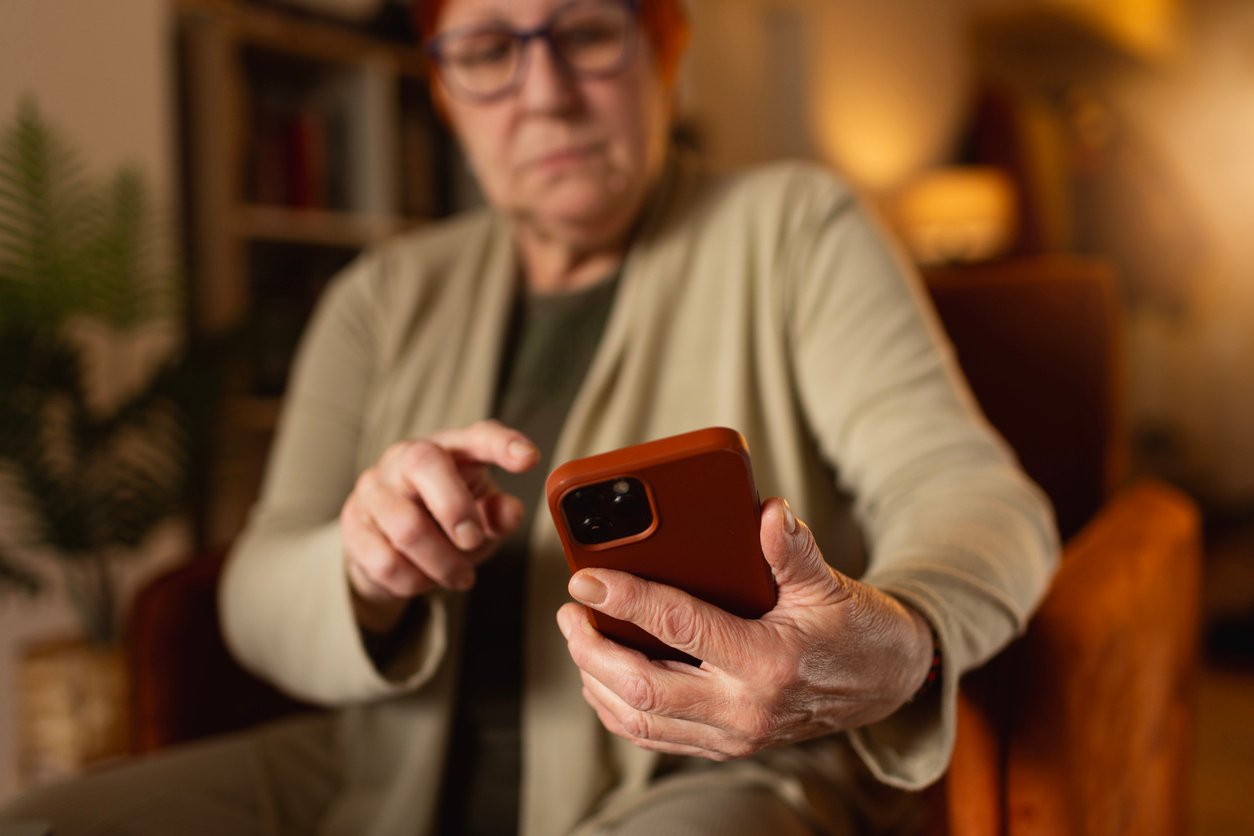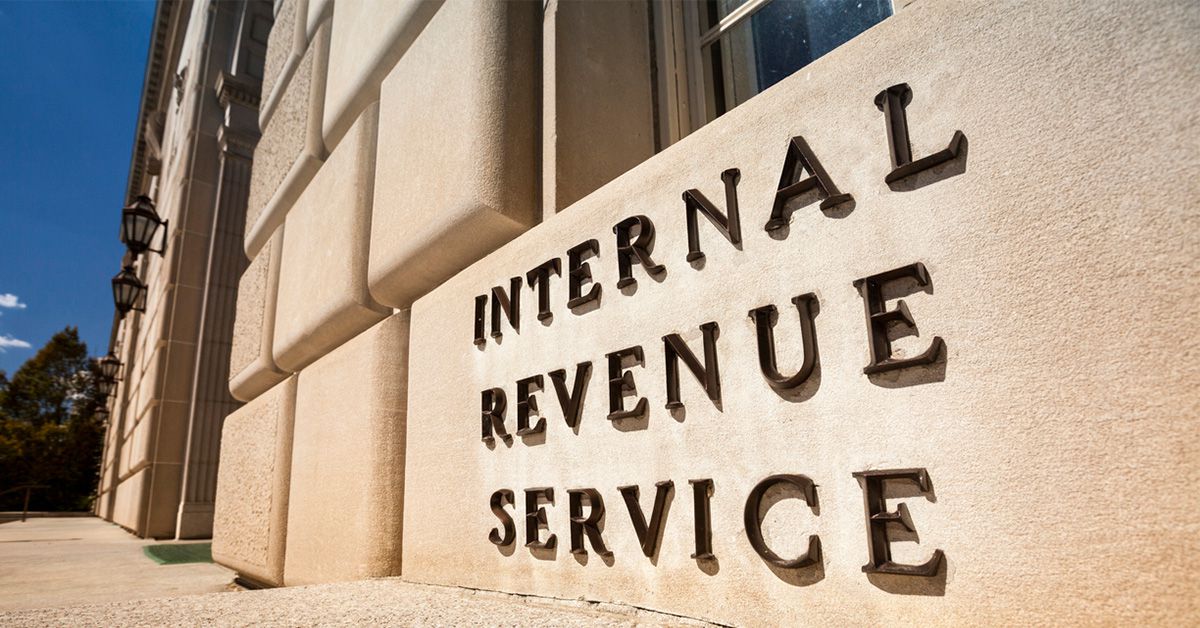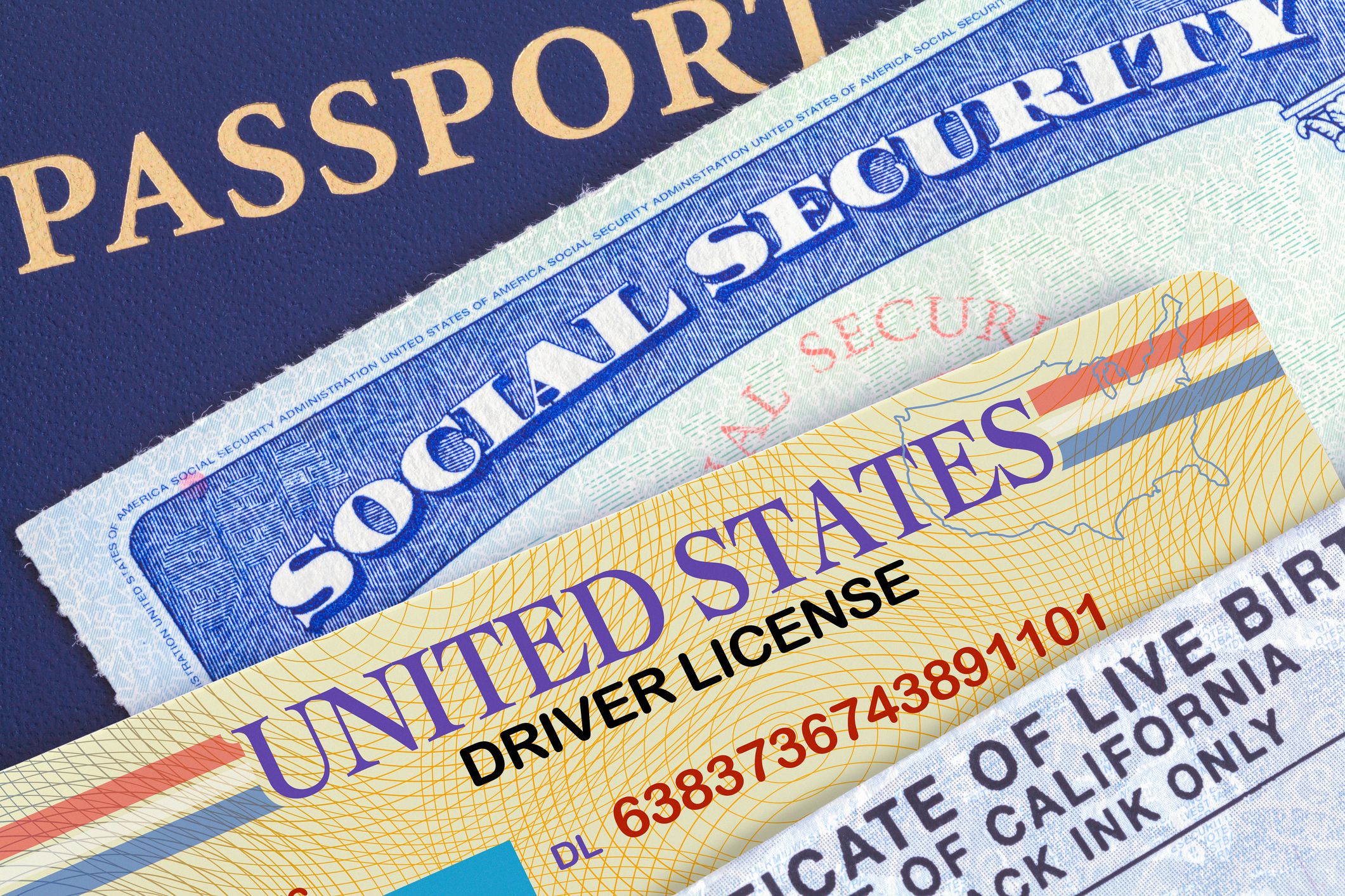Americans lost $12.5 billion to scams in 2024, and adults over 60 were among the most frequent victims, according to new data from the Federal Trade Commission. Older adults are prime targets because they often have more savings, less experience with digital scams, and a tendency to trust official-sounding messages.
Senior scams have come a long way since the fake Nigerian prince era, and scammers of today use AI voice cloning and deepfake video calls to impersonate loved ones with alarming accuracy. So staying one step ahead matters more than ever.
Here are 10 tips to help seniors avoid getting scammed.
1. Don’t Pick Up Unknown Numbers

I’m not in my ripe years yet, and I fall for this one. I’ve got a kid in school, so when the phone rings from an unknown number, my gut always says pick it up. And four out of five times it’s a scam. Freudsters count on your anxiety and hesitation. If you don’t recognize the number, let it go to voicemail. If it’s a real person — like a doctor or neighbor — they’ll leave a message. Scammers usually won’t.
2. The IRS, Social Security, and Medicare Don’t Call

This should be carved into stone somewhere: Government agencies do not cold-call you for money. If someone calls claiming to be from Social Security, Medicare, or the IRS, there’s a 100% chance that it’s a scam. According to Tara Anne Pleat, a Fellow with The American College of Trust and Estate Counsel (ACTEC), one of the most common scams involves a caller pretending to be from a government agency. “It’s a very targeted way of getting the seniors’ attention,” Pleat explains, “And causing them to feel fear that they’re going to lose their benefits or otherwise may be in some trouble.” If someone claims to be from Medicare or the IRS, it’s best to hang up and call the real number on your last statement.
3. Never Share Personal Info Over the Phone

No legitimate company is going to ask you for your Social Security number, banking info, passwords, or PINs over the phone. Ever. If someone calls or emails asking for that stuff, shut it down and walk away. Even if they sound polite. Especially if they sound polite.
4. Watch Out for Pressure Tactics

Con artists create fake emergencies or promise fake prizes with a sense of urgency attached to them, and always a demand for money. Pleat explains that these schemes usually come with a time limit: “I need you to provide this within the next 6 hours,” or “I’m going to be in serious trouble if I don’t turn over payment, Grandma.” That pressure is designed to make you panic and send money without thinking.
5. Avoid Unusual Payment Requests

If someone asks you to pay in suspicious ways, such as with gift cards, wire transfers, money apps like Venmo or Zelle, cryptocurrency, or Bitcoin ATM deposits, it’s likely a scam. Scammers prefer those methods because they’re untraceable and irreversible.
Trending on Cheapism
6. Be Cautious of Impersonators

Scammers can pretend to be your grandchild in trouble, a bank employee, or a charity worker. They will know your name, address, or even family details, but that doesn’t mean they’re real. When someone reaches out of the blue asking for money, don’t take their word for it. Look up the person or organization yourself using a trusted source. For charities, check Charity Navigator or CharityWatch to verify their legitimacy and see how they spend donations.
7. Ask Someone You Trust

If something feels off—whether it’s a strange phone call, an urgent request for money, or a message that seems suspicious talk to a family member, friend, or even your bank before taking action. A second opinion can help you spot a scam before it costs you.
8. Add Extra Security to Your Accounts

Most online accounts now let you turn on two-step verification—also called multi-factor authentication—which adds an extra layer of protection beyond just a password. You will be asked to enter a code sent to your phone or email. It takes a few seconds, but it makes it much harder for scammers to get in, even if they have your login info.
Sign up for our newsletter
9. Limit What You Share Online

If you wouldn’t tell it to a stranger in line at CVS, don’t post it on Facebook. What seem harmless posts to you, like birthday photos or vacations, are ammunition for scammers. To stay safer, keep your accounts private, avoid oversharing, and be careful who you accept friend requests from.
10. Report It—Even If You Fell for It

Falling for a scam can make you feel ashamed and might even trick you into thinking you should keep it to yourself. Don’t. Scams rely on secrecy and pressure. Breaking the silence is one of the easiest ways to shut them down. File a report with the Federal Trade Commission (FTC), contact your state attorney general’s office, or call your local elder abuse hotline.






